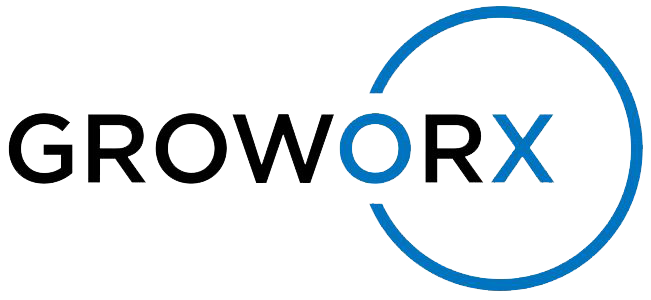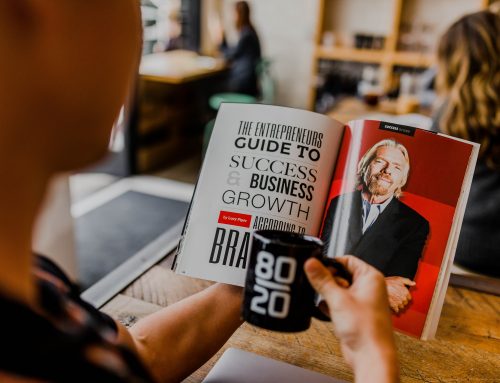Trade Mark vs Trade Name – What’s The Difference?
The South African government view companies similar to that of natural persons. They are their own entity’s necessitating identification. If a company is its own legal entity, administration surrounding such an entity needs to be dealt with appropriately. Registering a company legally is an important milestone irrespective of the type or scale of product or service being sold and requires a name. When considering a brand name, one should understand a couple of technicalities. Complicating matters is knowing the difference between a “Trade name” and “Trade mark”.
The following article clearly defines this difference, avoiding confusing technicalities for the new business owner. This definitely applies to those business owners determined to maintain exclusivity of their company name especially if they find themselves in an increasingly competitive market.
Disclaimer: The following article utilizes some comic relief to assist a diverse audience with understanding necessary business administration.
Registering your company allows it recognition by the law in a way that matters legally, so there you are one Monday morning taking the plunge to register your Roti company. Yes, there are others that have successfully sold home-made Rotis but none like yours exist. Your special recipe means that you shall have the competitive advantage over other home-made Roti businesses, or so you anticipate.
This means that your home-made Roti’s need to be differentiated from others. That same Monday morning you visit your lawyer friend hoping to discuss elevating your home-made Roti brandto the next level. He explains that your trade name has been registered but another company may use that name too. He decides to explain the difference simply:
Imagine that Act’s are like books and its administrators are teams that manage such books.
The one book is called The Companies Act and the other is called the Trade Marks act.These are two important books in South Africa requiring your familiarity with when registering and starting a business. These two books are managed by separate little teams sitting in separate offices but can be found in the same building. This building is called the CIPC – Company and Intellectual property commission. Each book Administrators (teams) approve/disapprove and register details of businesses in South Africa. These teams do not like sharing details and information listed in their books. These teams and their respective books remain separate.
Step one: you are required to complete a form for The Company Act team hoping to get into their book of South African companies. The Company Act team tells you to remember the following information: The trade name that The Company Act team requests is a detail required to register the business amidst other relevant details. Some of these details include contact numbers, addresses, names, ID numbers and so forth. These details are necessary for record keeping purposes in The Company Act book. Further, they explain:
1. You will NOT get exclusive naming rights (someone else can use the name “poppies Rotis”) as this book only handles registration/existence of businesses.
2. You cannot then call your company “McDonalds rotis” because there is a company registered with the name McDonalds and if you open a “Mcdonalds Rotis” people will think that McDonalds and “McDonalds rotis” are associated.

Once The Company Act team places you in the Company Act book you are satisfied. Unfortunately, three days later your sister-in-law competently warns you of another aunty who places poppy seeds (your secret recipe) into her rotis giving it “extra special” flavor. She warns you, perhaps this aunty may also want to call her business “Poppies Rotis”. You are definitely not keen on another roti brand having a similar name to yours. However, The Company Act team cannot help you. The team claim it is not part of their job description to ensure no other business calls themselves “Poppies Rotis” or something similar. They can only help you lodge a complaint if someone opens a business with a name similar to yours causing the impression that the two are associated.
Therefore, you are compelled to meet the Trade Marks Act team. Once there, you are told to fill in another form and request the name “Poppies Rotis” be placed in the book of business names securing your exclusivity. This book is special, once a name has been written down in this book unlike The Companies Act team’s book, the name cannot be repeated. Now, no one else can call their roti business “Poppies Rotis. The aunty who puts poppy seeds into her rotis cannot call herself “Poppies Rotis” because of a special law called “The infringement provision” to prevent unauthorized use of a trade mark.
So what have you learnt:
1. There is a body called the Company and Intellectual property commission.
2. The above body has two departments who deal with the existence of businesses in different ways.
3. The first is called the Companies Act, and they ensure the registration of businesses in South Africa.
4. The second is called the Trade Mark Act, who ensure the exclusivity of an already registered business NAME.
5. You cannot expect name exclusivity using The Companies Act.
6. You can only expect exclusivity of your business name if you have registered the name with the Trade Marks Act.



Leave A Comment